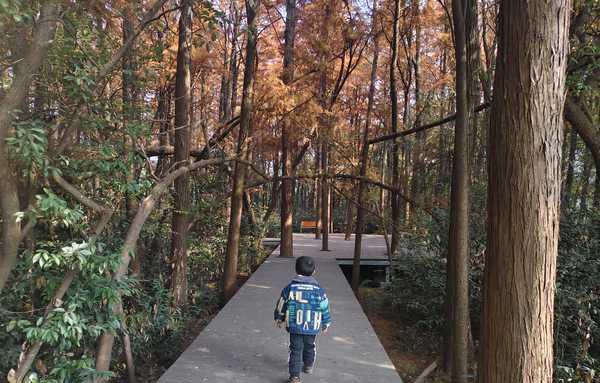The Subtle Signs of Aging Parents
A poignant exploration of how adult children come to realize their parents are aging, marked by changes in physical abilities, increased dependence, and shifting family dynamics that signal the inevitable passage of time.

The moment when children realize their parents are aging often comes unexpectedly, revealed through subtle changes in daily life that suddenly become impossible to ignore. This realization frequently emerges through various telling signs and situations that mark the transition of parents from pillars of strength to those needing support and care.
The physical manifestations of aging appear gradually but unmistakably. Parents who once moved with vigor now pause to catch their breath while climbing stairs. Many Chinese families observe their elderly relatives developing a slight stoop, their hair graying despite attempts to conceal it with dye. The hands that once effortlessly managed household chores now struggle with simple tasks.
A particularly significant shift occurs in the parent-child relationship dynamic. Parents who previously made all family decisions independently begin seeking their children’s opinions on matters both large and small. This consultation process, especially common in Chinese households where filial piety holds deep cultural significance, represents a profound role reversal. The children who once sought guidance now find themselves becoming the family’s decision-makers.
The increasing frequency of phone calls from parents marks another telling transition. Where they once maintained a respectful distance, allowing their adult children independence, they now call regularly to discuss even minor concerns. This change often appears around their mid-fifties, reflecting both their growing need for connection and their tacit acknowledgment of their own vulnerability.
Health concerns become more prominent, with regular hospital visits replacing occasional check-ups. Parents who once dismissed minor ailments now speak more openly about their medical conditions, though often attempting to minimize their children’s worry. Their medicine cabinets gradually fill with more prescriptions, each bottle a reminder of time’s passage.
Technology struggles emerge as another indicator. Parents who managed to keep pace with modern developments now find themselves asking for help with smartphones and digital devices. The frustration in their voices when dealing with these challenges reveals not just technological gaps but a broader sense of the world moving faster than they can follow.
Memory lapses, though often minor, become more noticeable. A mother might get momentarily lost in familiar neighborhoods, or a father might take longer to recall recent events. These instances, while not necessarily serious, serve as poignant reminders of their aging process.
The most profound moments often come during family gatherings, when adult children notice their parents' stamina declining. Simple activities like playing with grandchildren or preparing family meals now require rest periods. Yet these situations also showcase their determination to maintain their parental roles despite physical limitations.
These realizations bring complex emotions for adult children. There’s often a mix of sadness at seeing their parents' decline, anxiety about future responsibilities, and a deeper appreciation for the time remaining. This awareness typically prompts a reevaluation of priorities and a more conscious effort to spend quality time with aging parents.
The aging of parents represents not just a personal family transition but a universal human experience that crosses cultural boundaries. Whether in bustling cities or quiet villages, this recognition of parental aging marks a significant milestone in adult life, bringing both challenges and opportunities for expressing love and providing care.